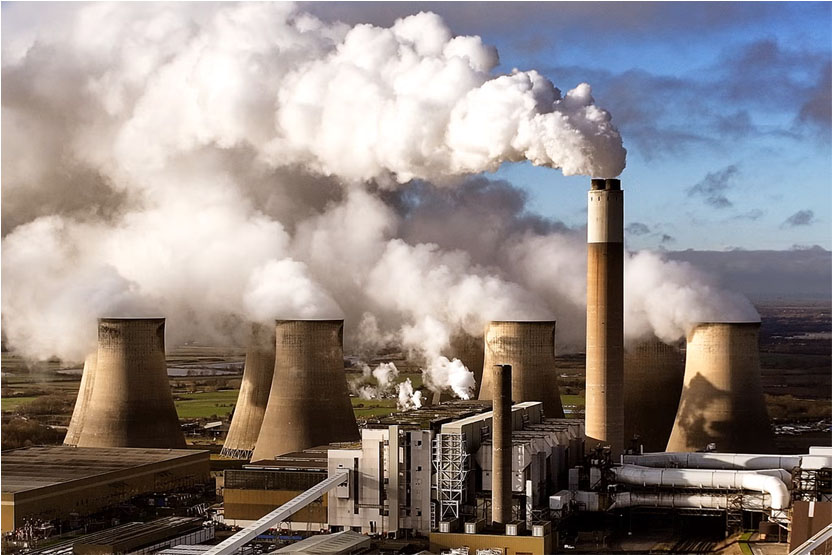The Hague court signals that states could be held responsible for climate damages under international law

The International Court of Justice (ICJ) in The Hague has issued a landmark advisory opinion urging nations to confront the “urgent and existential threat” of climate change by cooperating to reduce emissions. The ruling opens the door for states to potentially sue each other over responsibility for greenhouse gas emissions and climate-related harm.
Legal liability for failure to act on climate
In its deliberations on Wednesday, the court indicated that states failing to meet their climate obligations could, in certain cases, face legal action from countries suffering the consequences of climate change.
Reading the advisory opinion, Judge Yuji Iwasawa emphasized that nations are bound by “strict obligations” under climate treaties. Failure to meet these obligations constitutes a breach of international law, he said.
“States must cooperate to achieve concrete emission reduction goals,” Iwasawa stated, adding that national climate plans must be highly ambitious and collectively aligned with the 2015 Paris Agreement's target of keeping global warming below 1.5°C.
Historic ruling following UN request
The opinion follows two weeks of hearings held in December, when the UN General Assembly asked the court to clarify two key questions: what obligations do states have under international law to protect the climate, and what are the legal consequences for countries that harm the climate system?
During those hearings, the court heard emotional testimony from residents of Pacific Island nations forced to migrate due to rising sea levels linked to climate change.
Environmental organizations and legal experts hailed the ruling as a major step forward for climate justice, especially for small island states and developing nations that had pushed for the court’s opinion.
“The emission of greenhouse gases stems unambiguously from human activities not confined to any specific territory,” Iwasawa said. He stressed that international law guarantees “the right to a clean, healthy and sustainable environment,” which is essential to enjoying other human rights.
The judge also pointed to the historic responsibility of industrialized nations, which account for the majority of emissions since the industrial revolution. “These countries must take the lead in addressing the crisis,” he added.
Though non-binding, the ICJ's advisory opinion carries significant legal and political weight. Legal experts say it will shape future climate litigation and cannot be ignored.
“This marks the beginning of a new era of global climate accountability,” said Danilo Garrido, legal adviser at Greenpeace. Sebastián Duyck, senior attorney at the Center for International Environmental Law, added, “If countries are legally obligated to prevent climate harm, then victims have the right to seek compensation.”
While wealthy nations argued in court that existing treaties—like the Paris Agreement, which is largely non-binding—should define their responsibilities, developing nations and vulnerable island states demanded stronger, legally binding measures and financial reparations from top emitters.
Climate pledges fall short
The call for clarification comes amid growing frustration over the failure of the Paris Agreement to curb global emissions. In its latest Emissions Gap Report, the UN warned that current climate policies are on track to raise global temperatures by more than 3°C by 2100—far above safe levels.
Historically, the United States has been the largest contributor to carbon emissions, accounting for about 24% since 1750, followed by China (15%), Russia (6.7%), Germany (5.2%), the UK (4.4%), and Japan (3.8%), according to scientific data.
As climate damages escalate, activists and legal advocates are increasingly turning to the courts. Nearly 3,000 climate-related lawsuits have been filed across roughly 60 countries, according to the Grantham Research Institute on Climate Change and the Environment in London.


Comment